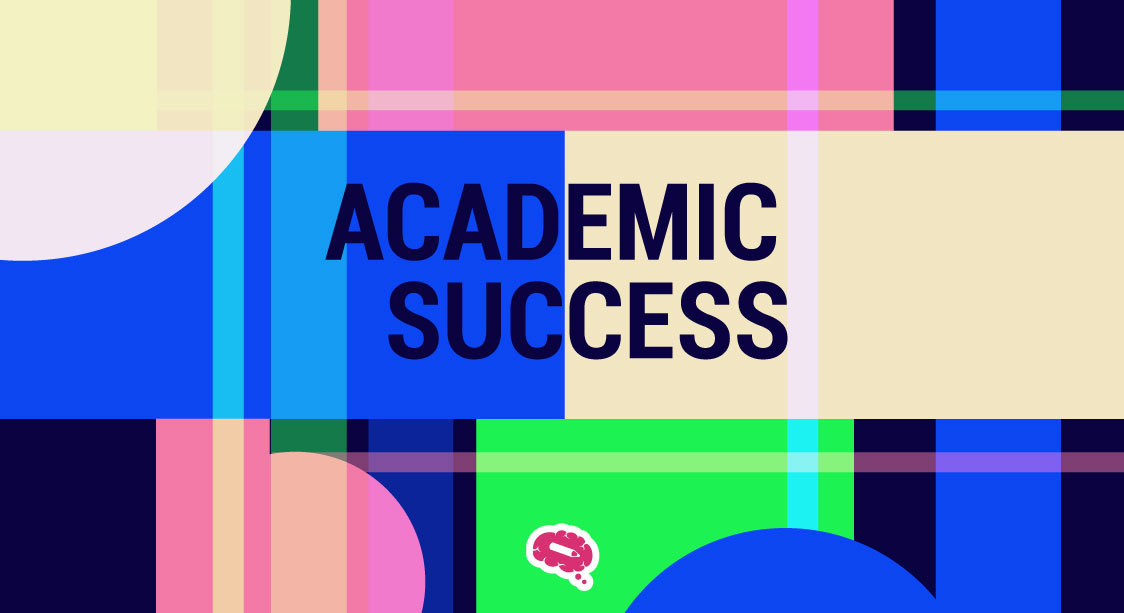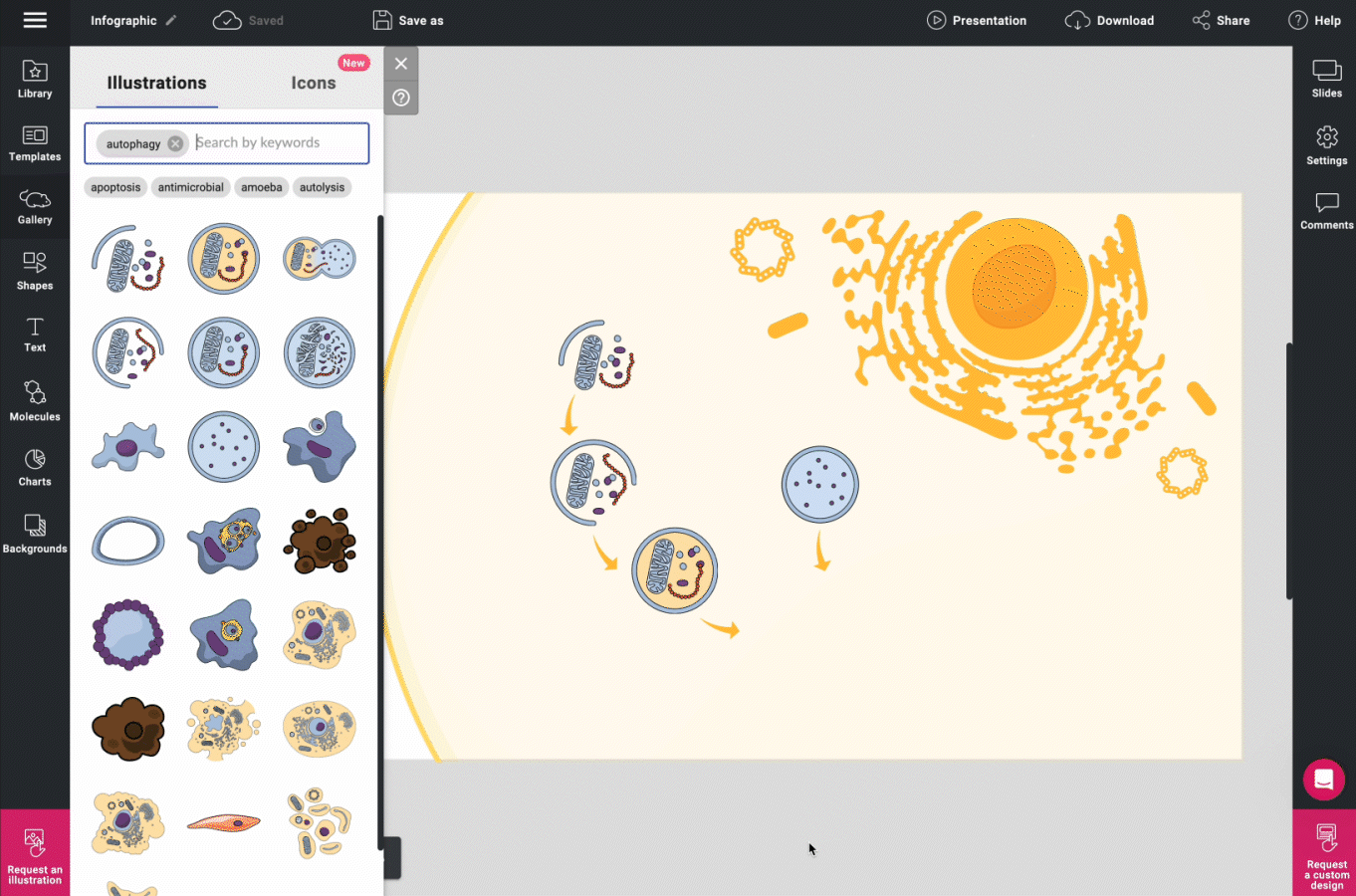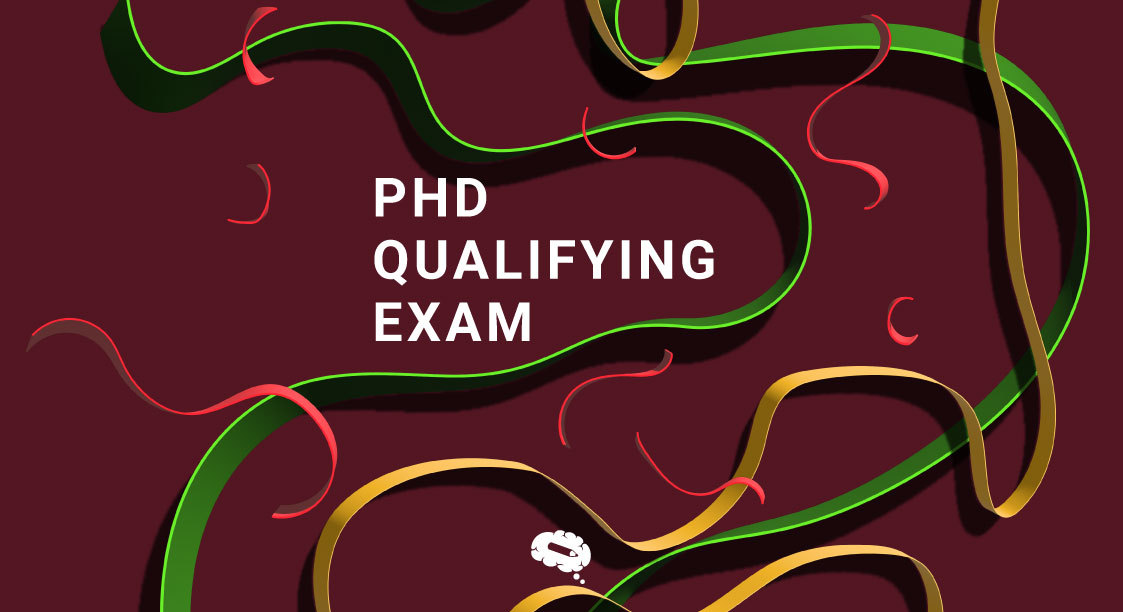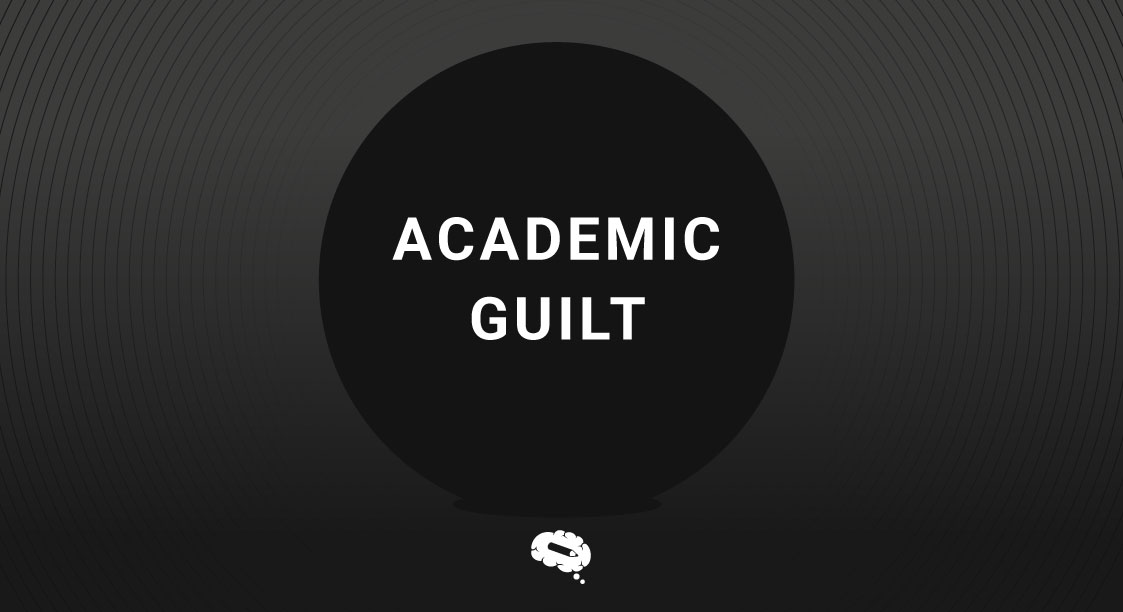Have you ever wondered what true academic success is? People have different definitions for success but is that right? You must’ve been confused about this and wondering whether you gained academic success or not.
Fear not, we got you covered. In this article, you are going to learn about academic success, its definition, and its implications with a small survey that can help you get a clear understanding of the subject.
What Is The Meaning Of Academic Success?
Academic success refers to achieving positive outcomes in the educational realm. It encompasses various aspects, including performance, accomplishments, and personal growth within an academic setting. The specific meaning of academic success can vary depending on the context, such as the level of education (e.g., elementary school, high school, college) or cultural expectations.
In general, academic success often involves the following elements:
- Achievement
- Learning and Knowledge Acquisition
- Intellectual Growth
- Personal Development
- Goal Attainment
It’s important to note that academic success is not solely defined by grades or achievements. It also encompasses holistic development, intellectual curiosity, and a genuine love for learning.
Concerns Regarding The Teaching Style
According to a recent survey, students have expressed concerns that faculty teaching styles are impeding their academic success. The survey, conducted among a diverse group of students, aimed to gather feedback on various aspects of their educational experience.
Students have reported that certain teaching styles employed by faculty members are not conducive to effective learning. Some common concerns raised by students include:
Lack Of Engagement
Students have mentioned that some faculty members adopt a passive teaching style, where they primarily deliver lectures without actively engaging students. This approach can lead to decreased student interest, limited interaction, and reduced retention of course material.
Monotony And Information Overload
Students have expressed that some instructors rely heavily on lengthy lectures or dense PowerPoint presentations, overwhelming them with excessive information. This teaching style may hinder comprehension and retention of key concepts.
Limited Interactivity
Students have indicated a desire for more interactive and participatory teaching methods. They have expressed a preference for activities such as group discussions, hands-on projects, case studies, and active learning techniques that promote critical thinking and practical application of knowledge.
One-Size-Fits-All Approach
Students have pointed out that certain instructors adopt a rigid teaching style that may not cater to the diverse learning needs and preferences of students. They believe that a more personalized approach that considers individual strengths and weaknesses could enhance their academic performance.
These concerns suggest that students value teaching styles that foster engagement, interactivity, and individualized learning experiences. They believe that such approaches can contribute to their academic success by promoting deeper understanding, active participation, and effective feedback.
Other Concerns And Considerations In Academic Success:
In addition to teaching styles and the availability of resources like Writing Centers, there are other concerns and considerations that can impact academic success. Here are some important factors to consider:
Time Management
Effective time management is crucial for academic success. Students often face the challenge of balancing multiple commitments, such as coursework, assignments, extracurricular activities, part-time jobs, and personal responsibilities. Developing good time management skills, setting priorities, and maintaining a well-structured schedule can help students stay organized, meet deadlines, and achieve academic goals.
Study Habits And Strategies
Adopting effective study habits and strategies is essential for learning and retaining information. Students should explore different study techniques, such as active learning, spaced repetition, and concept mapping, to find approaches that work best for them. Developing a study routine, creating a conducive study environment, and seeking out additional learning resources can further enhance academic success.
Support Systems
Having a strong support system can significantly impact academic success. This includes supportive family members, friends, classmates, mentors, or academic advisors who can provide encouragement, guidance, and assistance when needed. Building positive relationships and seeking support from these individuals can help students overcome challenges and stay motivated.
Goal Setting And Motivation
Setting clear academic goals and staying motivated can significantly contribute to success. Students should establish both short-term and long-term goals, break them down into manageable tasks, and regularly evaluate their progress. Celebrating achievements along the way and maintaining a positive mindset can help sustain motivation and drive toward academic success.
What Students Want From Professors?
Students have certain expectations and desires from their professors, as they play a crucial role in their educational journey. Here are some key things that students generally want from their professors:
Clear Communication
Students appreciate professors who can clearly convey course expectations, objectives, and instructions. They value professors who provide detailed syllabus, communicate assignment deadlines and requirements, and are accessible for questions or clarification. Clear communication helps students stay organized, understand course material better, and perform well academically.
Engaging Teaching Methods
Students appreciate professors who employ diverse and engaging teaching methods. Lectures that involve interactive discussions, group activities, multimedia presentations, or real-world examples can help students actively participate and understand the material better. Students value professors who foster an interactive and stimulating learning environment.
Fair And Transparent Assessment
Students want professors to provide fair and transparent assessment methods. They appreciate clear grading criteria, timely feedback on assignments and exams, and opportunities for improvement. Students value professors who provide constructive criticism and guidance to help them grow academically.
Respect And Inclusivity
Students value professors who treat them with respect and create an inclusive classroom environment. They appreciate professors who are open-minded, value diverse perspectives, and foster a supportive and respectful atmosphere where students feel comfortable expressing their ideas and opinions. Professors who actively promote inclusivity contribute to a positive learning experience.
Also Read: What Is Academic Guilt and How to Overcome It
Writing Centers In Achieving Academic Success
A Writing Center is a resource commonly found in academic institutions that aims to support students in improving their writing skills and achieving academic success. Writing Centers provide a range of services, including one-on-one consultations, workshops, and writing resources, to assist students at various stages of the writing process.
The primary goal of a Writing Center is to help students become more effective and confident writers. By offering personalized guidance and feedback, Writing Centers address specific writing concerns and challenges that students may encounter.
To sum up, academic success is influenced by a multitude of factors, ranging from effective teaching styles and the availability of resources to student habits, support systems, and personal well-being. Students thrive hard when they have access to engaging and interactive learning experiences, personalized support and feedback, clear communication, and a positive and inclusive classroom environment.
Your Creations, Ready Within Minutes
When you are a scientist or researcher, you have no time to waste on creating graphs and infographics in your research paper. But this doesn’t mean you avoid them because they bring traction to your work. Worry not because with a tool called Mind the Graph, your creations will be ready within minutes. Sign Up now to see the real benefits. It’s free!

Subscribe to our newsletter
Exclusive high quality content about effective visual
communication in science.





